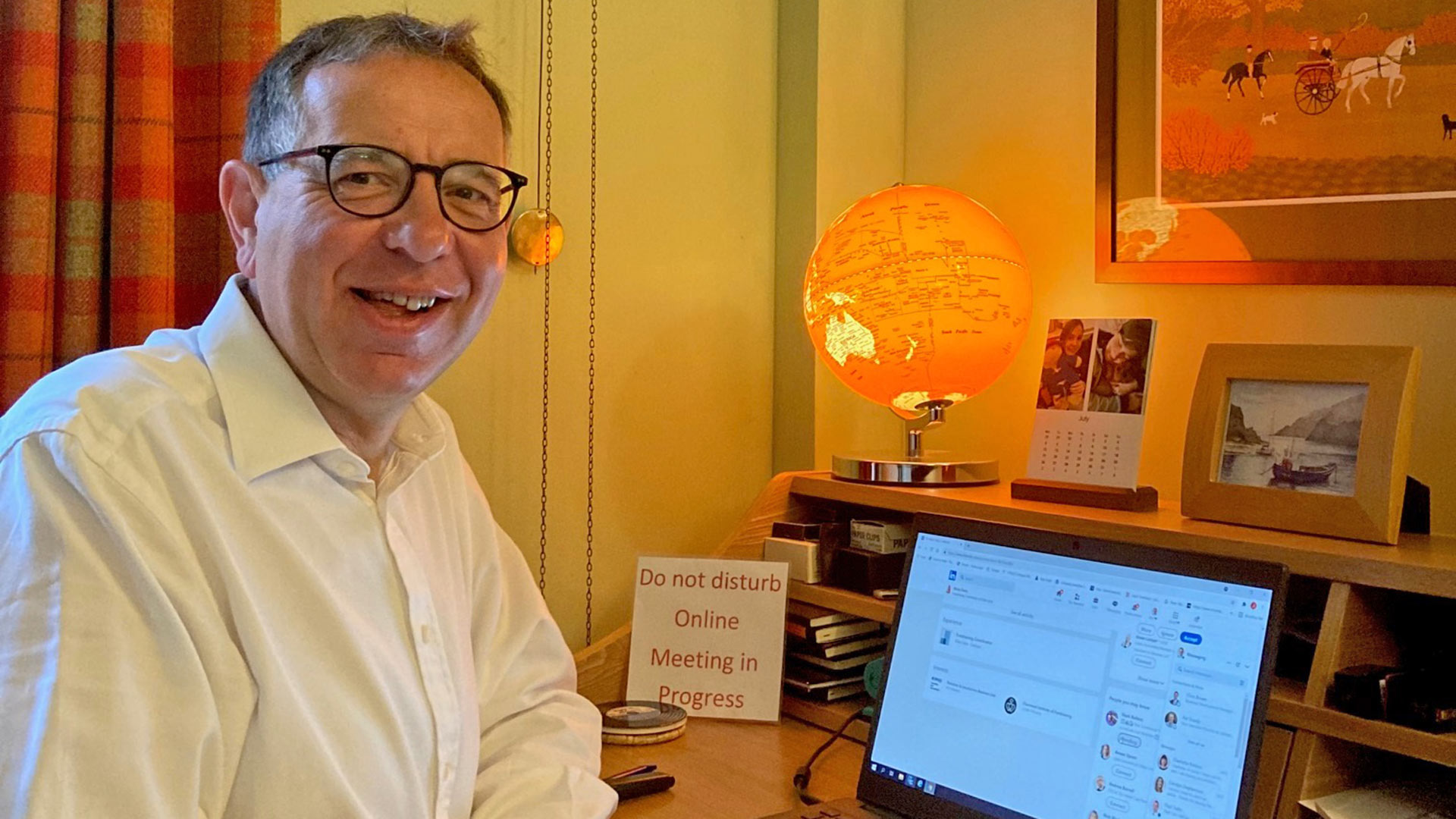It looks like workforce shortages are here to stay and are going to affect more and more businesses, not just those looking for lorry drivers or those to work in care, hospitality, food and agriculture sectors.
Signs are that the professions and those in the tech sector, along with others, are seeing not just short-term labour shortages but what looks like longer term short falls.
With job vacancies hitting an all-time high in 2021, labour shortages are in part put down to Brexit and the withdrawal of EU workers from the UK labour force and the pandemic.
Other reasons may include improved education and increased participation in higher education leading to increased demand for higher skilled work, along with a growth in self-employment, as well as shifting attitudes to work.
So, what can employers and those seeking to fill vacancies do to address the situation in the short term?
Perhaps the most common approach or forced of hand response when labour is scarce is to pay more. However, this depends on affordability and the impact on the financial performance of the business as well as the implications on the pay of existing staff.
Other approaches to consider might include:
- Increasing overtime, it might be possible to address labour shortages through offering temporary extra hours to existing staff.
- Reaching out to those who may have recently retired to see if they might like to return on a temporary basis for perhaps reduced hours.
- If not already offered, looking at rewarding existing staff for introducing new team members.
- Outsourcing for key skills or shortages perhaps on temporary contracts. It might also be worthwhile looking at taking on student placements.
- Looking further afield, the pandemic has served to highlight it is not necessary for us to be at the employer’s place of work to undertake our work. A good digital connection and perhaps a blend of occasional at place of work contact might be a workable model.
- Checking the current status and satisfaction of your existing staff to safeguard retention.
Whilst such approaches might help to alleviate the situation, much more needs to be done in the medium to longer term.
Perhaps one of the key aspects it is to recognise that we have and continue to experience changing attitudes to work and the world of work.
Employees seek much more than just pay, they seek to engage with employers who support them, offer flexible working, provide career opportunities, have a sense of purpose and are aware and concerned with environmental matters and corporate social responsibility as well good corporate governance.
So in looking to address the longer term issue of workforce shortages it might be worth considering the following:
- Take time out to determine your future workforce needs in terms of the work to be done, the skills required and the nature of those you need to do such work.
- With changing attitudes to work, with employees increasingly concerned about what is provided around employment conditions, training, career prospects, mental health and wellbeing, it might be a good time to look at the benefits in kind offered to ensure they are aligned to what is deemed a benefit.
- It might be worth looking at your approach to remuneration, along with bonuses offered as well as the possible use of employee share schemes to incentivise and retain key personnel.
- Seek to upskill and re-train existing staff, whilst at the same looking to provide recognition of this with career, promotion and development opportunities. On-going training and development is here to stay in a fast moving and rapidly changing world
- Re-evaluate your employment offer and benefits – why would someone want to work for you? Be self-critical and not delusional in such an approach. It is very easy for us all to think we are an employer of choice when that might not be the case. It might be a useful exercise to commission an external review of your employer status/positioning. It might also be good to reflect on why people leave you organisation.
- Review the effectiveness of your recruitment process including how you promote vacancies and perhaps use or don’t use recruitment consultants etc. Some still only post vacancies on their website and perhaps LinkedIn and hope they might get applicants!
- Seek to improve productivity, especially through digital transformation, investment in technology and re-imagining the way tasks and roles are undertaken.
- Look to ‘grow your own’ through recruiting staff to train and develop perhaps as an apprentice or through the government’s Kickstart scheme.
- Look to work with your local Further Education and Higher Education provider to support your training/skills needs as well as to gain access to potential employees.
- For some sectors, it would not be unrealistic to think labour shortages are not going to go away. In such sectors and jobs, serious consideration has to be given to how to replace or reduce reliance on labour through mechanisation, artificial intelligence etc.
Overall, it would appear business leaders and their HR teams are set to have some challenging times ahead. The real danger is too many seek to bury their heads in the sand, whilst their competitors seek to capitalise on the situation.
There is also a risk, ironically, that there could be a shortage of HR professionals to support those seeking to deal with the challenge of not just the here and now, but also the future.
James Pinchbeck is Partner at Streets Chartered Accountants, a top 40 UK accountancy practice. James, as a specialist in marketing professional services, is responsible for the development and implementation of the firm's strategic marketing as well as its engagement in the community it which it works and serves. His role allows him to capitalise on his broad interest in the national and local economy as well as his passion for enterprise. As part of his wider interest in enterprise, marketing and education, James is a board member of NBV – the East Midlands Enterprise Agency, an FE College Governor and a board member of the University of Lincoln’s Business School. He is also an Institute of Director’s past Branch Chairman.







